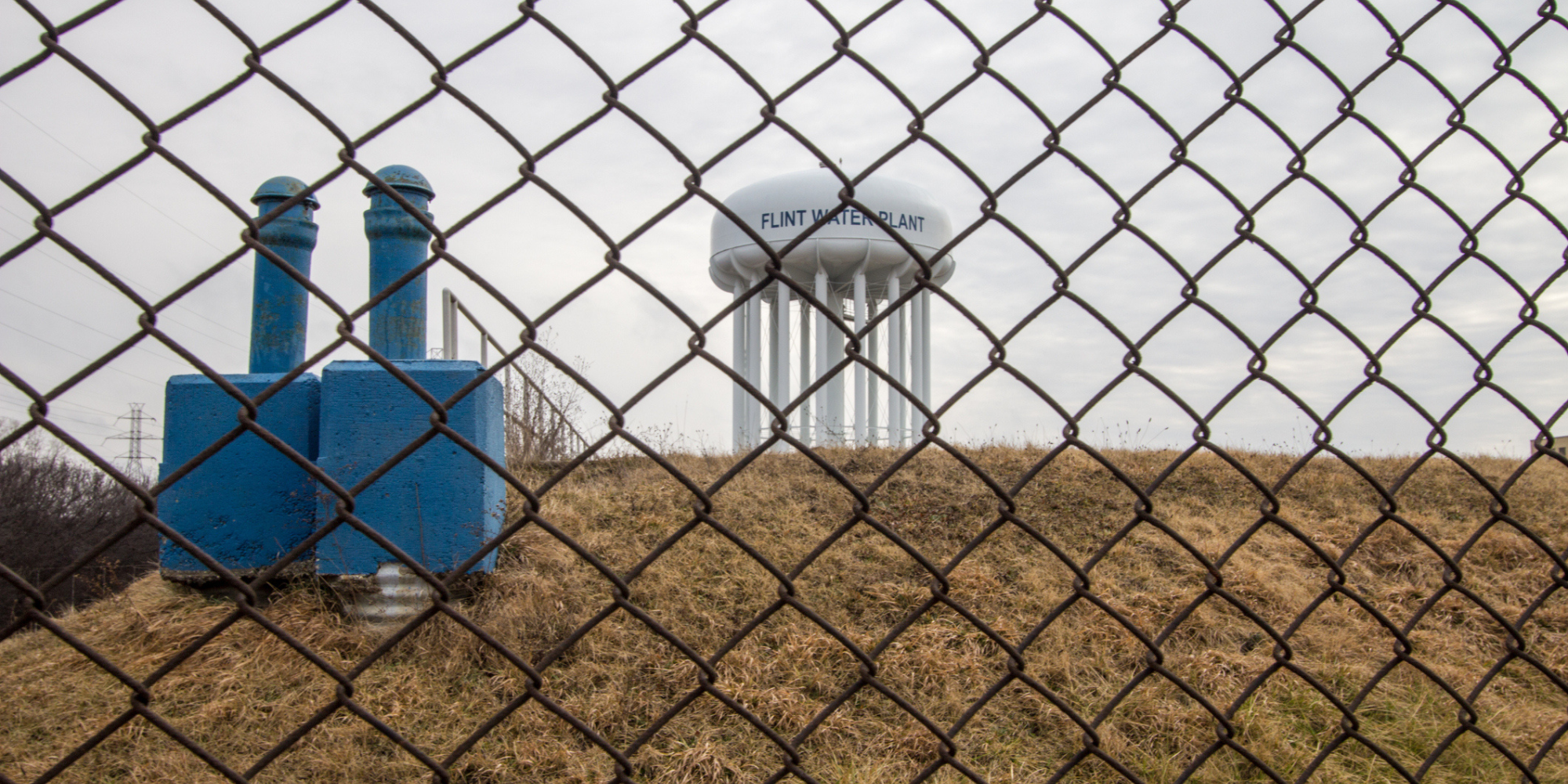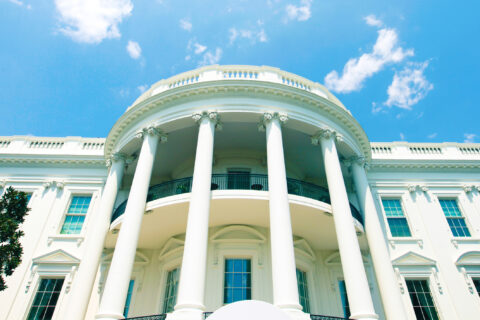The National League of Cities is partnering with International City/County Management Association (ICMA), National Forum for Black Public Administrators (NFBPA), Institute for Tribal Environmental Professionals (ITEP) and Urban Sustainability Directors Network (USDN) to launch a national Environmental Justice Thriving Communities Technical Assistance Center. EPA has awarded 17 Environmental Justice Thriving Communities Technical Assistance Centers (EJ TCTACs) $177 million in total to help underserved and overburdened communities across the country.
Source: EPA.gov“With this critical investment, these centers will provide training and other assistance to build capacity for navigating federal grant application systems, writing strong grant proposals, and effectively managing grant funding. In addition, these centers will provide guidance on community engagement, meeting facilitation, and translation and interpretation services for limited English-speaking participants, thus removing barriers and improving accessibility for communities with environmental justice concerns. Each of the technical assistance centers will also create and manage communication channels to ensure all communities have direct access to resources and information.”
According to the Department of Energy, environmental justice is “the fair treatment and meaningful involvement of all people, regardless of race, color, national origin, or income, with respect to the development, implementation, and enforcement of environmental laws, regulations, and policies.” The goal is to ensure that no population is overburdened or disproportionately affected by the negative effects on the environment by industry, commerce or government. Historic policies, practices and procedures—including those on the municipal level—have caused concentrated harm to be experienced by marginalized groups. Undoing this harm requires an understanding of these policies, practices and procedures as well as their impact, both acute and widespread.
Black, Indigenous, and People of Color (BIPOC) often experience the brunt of harm caused by pollution and climate change due to government policies, in the form of explicit and implicit institutional bias. While redlining kept financial investment out of neighborhoods with high non-white populations, local zoning boards were co-conspirators as they placed heavy polluters like factories, highways and ports in these segregated areas. Due to the lack of investment from financial institutions, residents of these neighborhoods were not able to generate wealth like many of their white peers. With suppressed property values and less affluent residents, there was little to stop government and industry from concentrating harmful manufacturing and commercial sites into BIPOC areas.
One example of associated impacts is the temperature differences between formerly redlined and greenlined areas. Industrial, commercial and transportation infrastructure is often surrounded by impervious pavement that absorbs heat. These trapped pockets of warmth have created “heat islands,” causing higher than average temperatures. This has been exacerbated by the lack of tree canopy and green space in these areas, which often falls under the purview of local government. Previously redlined areas now report surface temperatures of 36°F more than predominantly white wealthy neighborhoods that were not redlined some eight decades ago.
Another critical example is the link between redlining and air pollution. In a 2022 publication in Environmental Science & Technology Letters, Lane et al. found that investment risk grades from the Home Owners’ Loan Corporation (HOLC) showed strong association with air pollution. Long-term exposure to such pollution has led to increased risk of health problems in BIPOC communities, such asthma, cardiovascular disease and diminished respiratory function. These underlying health concerns as a result of pollution contributed to the disproportionate rates of hospitalization and death from the COVID-19 pandemic.
Access to safe drinking water is continuing to highlight the racial disparities that exist in relationship to the environment. Flint, Michigan, experienced the start of a water crisis almost a decade ago when lead from corroded pipes leached into the water supply after switching water sources in an attempt to save money. The crisis garnered national attention as government officials were slow to act; more than 54 percent of Flint’s population is Black. Jackson, Mississippi—a city that is more than 80 percent Black—is one of the more recent examples of drinking water disparities. Home to one of the oldest water systems in the United States, the outdated system often requires residents to boil their drinking water, and experienced major outages in the summer of 2022 that left people relying on bottled water for eating, drinking and even bathing.
Historic policies rooted in racism have had a longstanding effect on BIPOC communities that continue today. The impacts have compounded and created vast inequities between those who benefitted from these decades old policies and those that were specifically marginalized. Part of addressing climate change and committing to sustainability is recognizing and correcting the harm done so that all may benefit from a greener future.
Support from the U.S. Environmental Protection Agency (EPA) will allow NLC to provide direct technical assistance to environmental justice communities across the U.S. to remove barriers and build capacity to navigate federal grant application systems, write strong grant proposals and effectively manage grant funding. The technical assistance center will also provide guidance on community engagement, meeting facilitation, translation and interpretation services for limited English-speaking participants as well as create and manage communication channels to ensure all communities have direct access to resources and information.
Learn More
Learn more about the program here and stay tuned for more information about participating.








